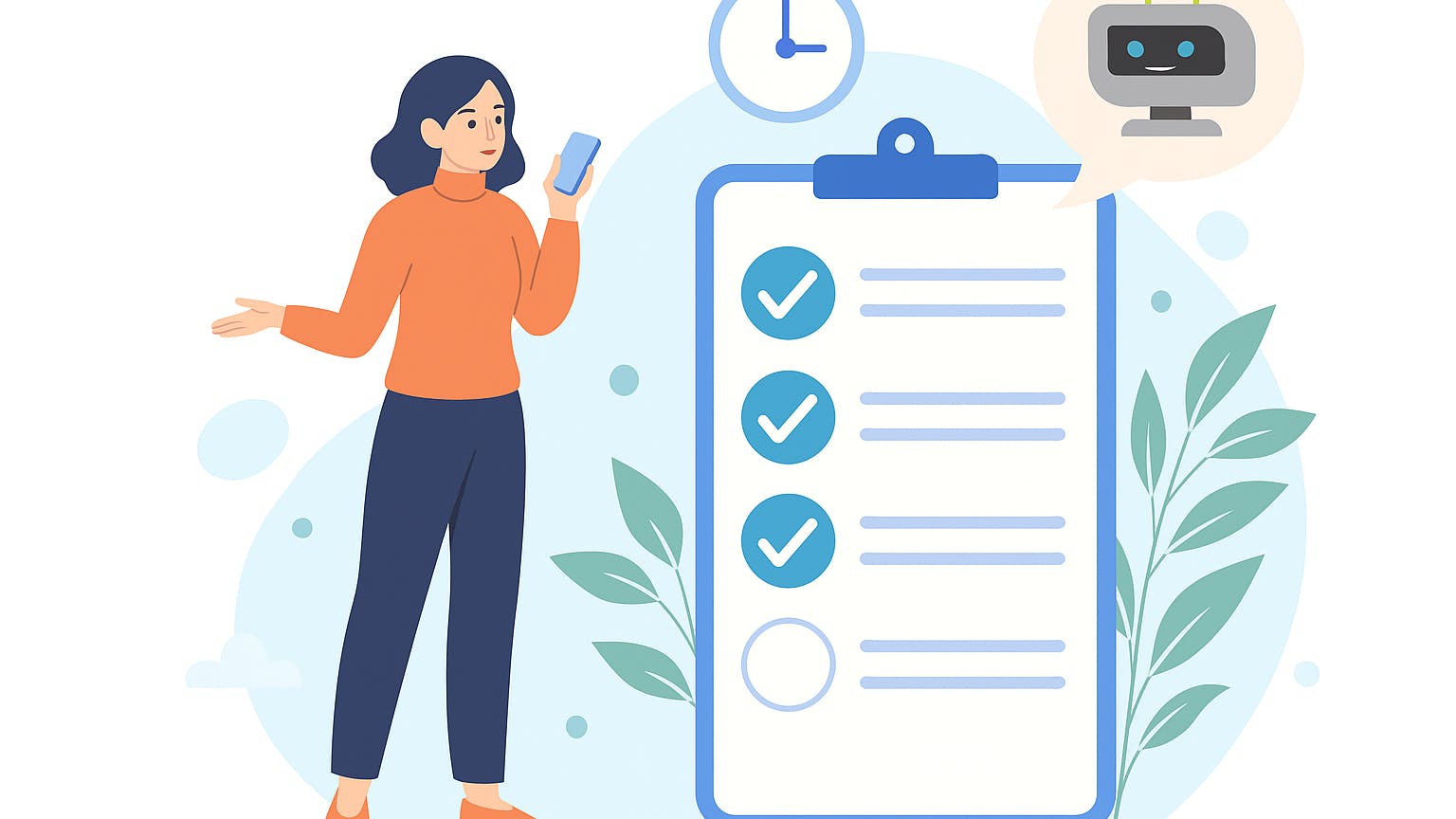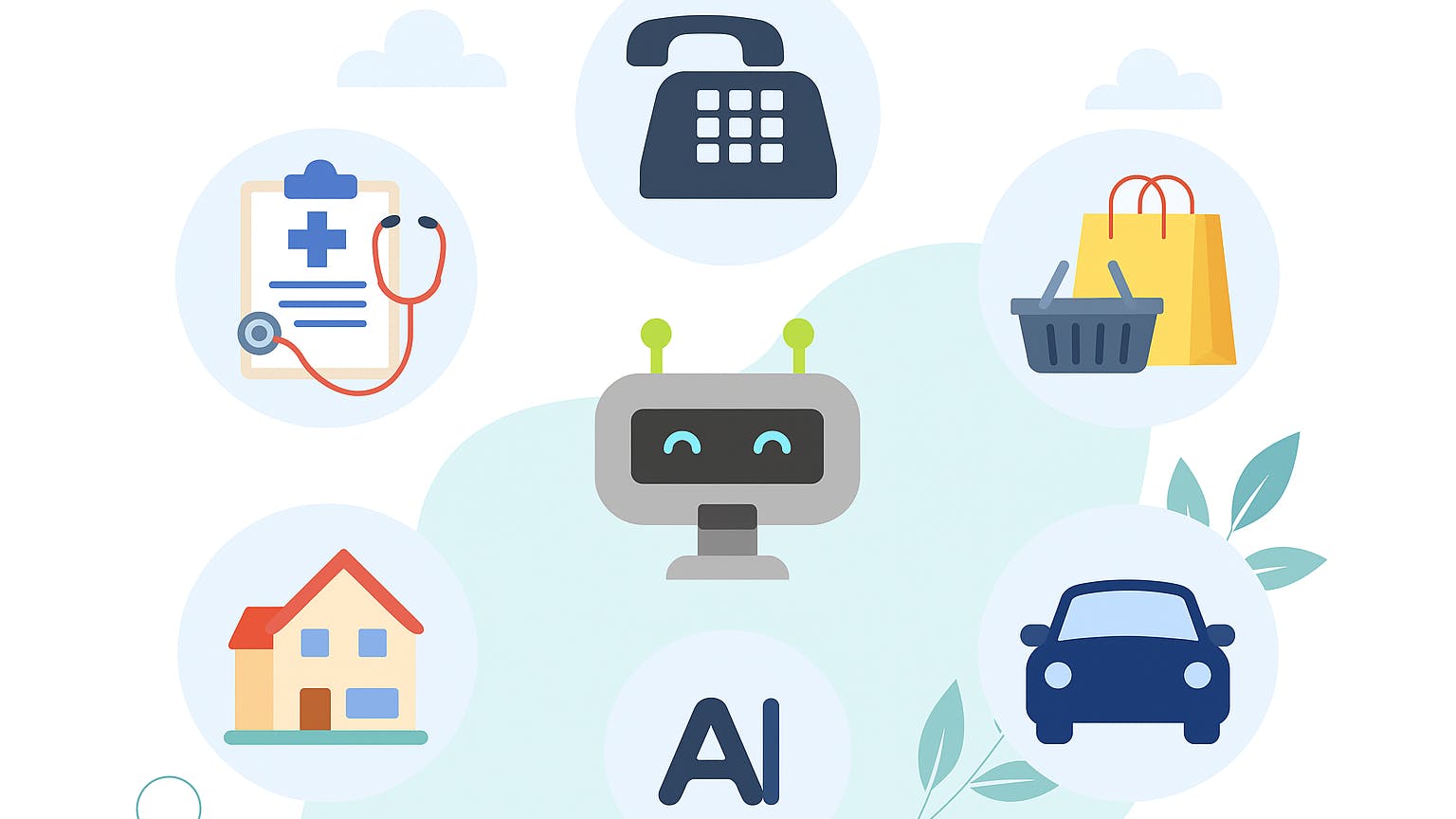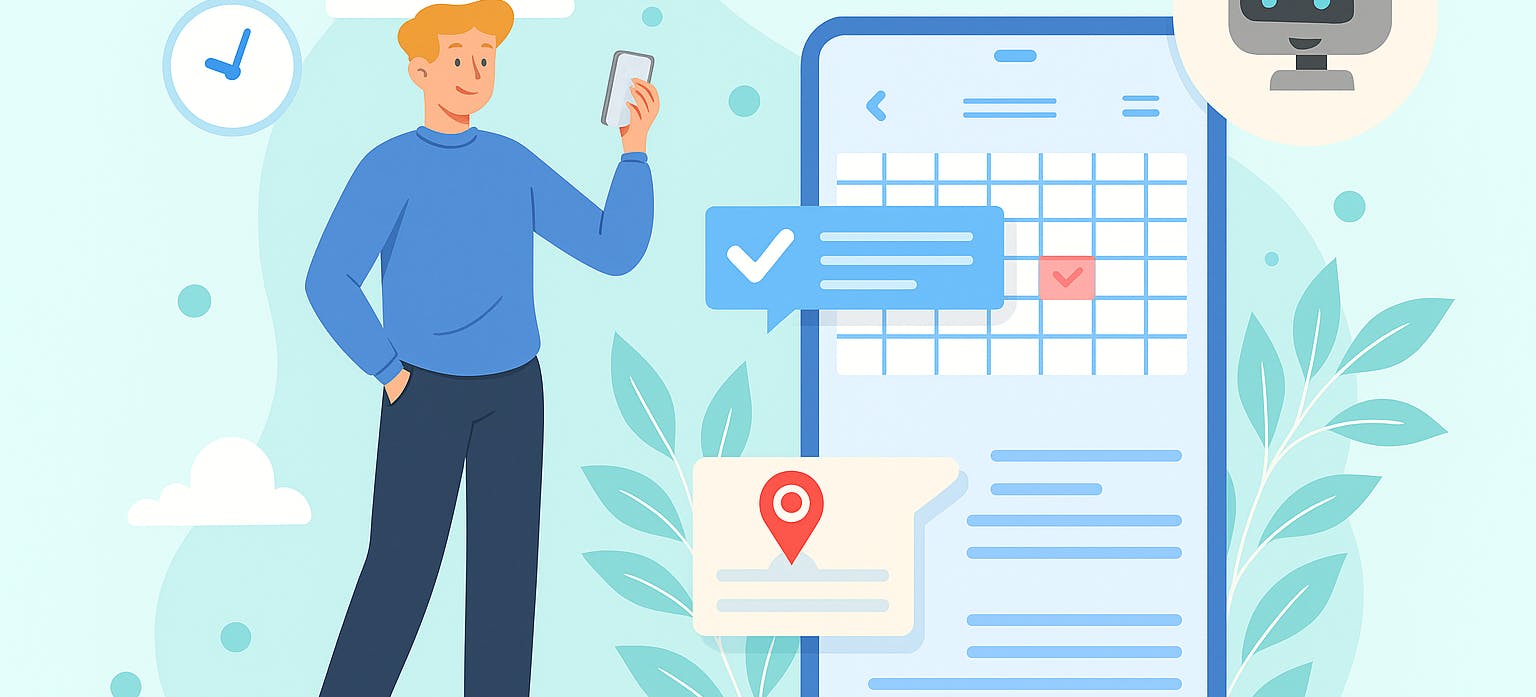Think about the last time you tried to schedule an appointment. Maybe it was a appointment at a doctor’s office, a haircut, or rescheduling a service call. You dialed, listened to hold music, pressed through a maze of IVR menus, and by the time you reached an agent, you’d already wasted 10 minutes on something that should have taken one.
This outdated process is still the reality for thousands of businesses. And yet, customer expectations couldn’t be higher. A recent PwC survey found that 59% of customers say companies have “lost touch” with the human element in customer experience — but they also expect near-instant service availability.
Businesses are responding by turning to AI voicebots for appointment scheduling and reminders. Unlike outdated IVR or manual scheduling, AI-driven assistants can handle bookings, reschedules, and reminders automatically — reducing no-shows, cutting costs, and dramatically improving customer experience.
Quick Facts About Appointment Scheduling
Before we dive in, let’s ground the problem with a few numbers:
- Missed appointments cost U.S. healthcare providers over $150 billion annually.
- No-show rates in healthcare range from 10% to 30% depending on the specialty.
- A McKinsey study shows that automation of routine scheduling tasks can reduce operational costs by up to 30%.
- Accenture found that 88% of healthcare executives believe AI-powered scheduling and reminders will soon become industry standard.
Clearly, scheduling and reminders are more than admin tasks — they directly impact revenue and efficiency.
What Are AI Voicebots for Appointment Scheduling?
An AI voicebot for scheduling is a system that uses natural language processing (NLP), automatic speech recognition (ASR), and text-to-speech (TTS) to communicate with customers in natural, human-like ways.
Instead of “press 1 for scheduling,” a customer can simply say:
- “I’d like to book a checkup next week.”
- “Can you remind me of my appointment tomorrow at 10?”
- “Please move my service call to Saturday.”
The bot understands intent, checks calendars, proposes available slots, confirms, and sends reminders — all without human staff.
With vTalk.ai, businesses can set up such workflows in minutes: adding intents like booking, rescheduling, or cancellations, plus flexible reminders (SMS, voice, or both).
Benefits of AI Voicebots in Appointment Management

1. Reduced No-Shows
Missed appointments are one of the most expensive problems across industries. Automated reminders reduce them by 20–36%, according to the American Journal of Managed Care.
A voicebot can say: “Hello Sarah, confirming your dental appointment tomorrow at 3 PM. Would you like to keep or reschedule?”
This small touch not only saves lost revenue but also shows care — something customers remember.
2. 24/7 Availability
Human staff clock out. AI voicebots don’t. Customers can schedule or reschedule after hours, during weekends, or even on holidays.
Gartner found that 64% of consumers expect businesses to provide 24/7 service. Voice AI is one of the few scalable ways to meet that demand.
3. Improved Customer Experience
According to Forrester, 53% of customers abandon a service if the booking process is too complicated or slow. Voicebots provide a conversational, human-like experience.
Instead of waiting, customers get instant responses and natural interactions. For industries like healthcare or beauty services, where emotions are involved, this seamless experience drives loyalty.
4. Cost Savings
Every call handled by AI saves staff time. McKinsey estimates automation can deliver 20–30% operational cost reductions.
For small businesses, this means cutting overhead without sacrificing service. For enterprises, it means scaling up scheduling volumes without hiring dozens of agents.
5. Operational Efficiency
AI voicebots don’t just book appointments — they sync with CRMs, calendars, and industry-specific tools (EHR for healthcare, dispatch systems for logistics). That means real-time updates, no double-bookings, and smoother operations.
With vTalk.ai, managers can also track KPIs through built-in analytics: no-show rates, average handling times, and customer satisfaction scores.
Industry Use Cases

1. Healthcare
Hospitals and clinics often face 20–30% no-show rates, leading to wasted physician time and reduced revenue. Automated reminders significantly lower these rates.
A U.S. hospital chain that implemented AI-powered reminders saw a 25% drop in missed appointments within six months. Patients appreciated timely, polite calls that allowed easy rescheduling.
With AI Voicebots, clinics can customize reminders for different specialties — from dental checkups to physiotherapy sessions.
2. Service Businesses (Salons, Clinics, Repair Shops)
Reception staff are often overwhelmed with incoming calls. A voicebot can manage bookings and confirmations so staff can focus on in-person clients.
For example, a beauty salon with vTalk.ai can handle peak-hour booking requests without overloading its reception desk, cutting average call wait time from 5 minutes to zero.
3. Logistics & Delivery
Missed deliveries waste time and money. AI voicebots confirm schedules: “Would you like your package delivered tomorrow at 9 AM or 2 PM?”
This not only prevents failed deliveries but also improves customer satisfaction by giving them control.
4. Education & Training
Training centers and universities can use voice reminders for class schedules, exams, and online sessions. Automated prompts help reduce absenteeism and keep students engaged.
Challenges to Consider
- Accuracy. While AI is improving, background noise and accents can still cause misinterpretations.
- Integration. Linking with legacy booking software requires clean APIs and careful setup.
- Compliance. In sectors like healthcare, GDPR or HIPAA compliance is critical.
That’s why businesses often turn to vTalk.ai , where compliance, analytics, and integrations are built in.
Future Trends in Voice AI Scheduling
The appointment scheduling space is evolving quickly. Here are trends shaping the future:
- Predictive Scheduling. AI will analyze customer patterns to suggest optimal appointment slots.
- Multilingual Support. Businesses serving global clients will benefit from instant language switching — a key area of voice AI growth.
- Omnichannel Integration. Voice scheduling linked with SMS and email confirmations.
- Proactive Reminders. AI won’t just confirm but will also predict potential no-shows and follow up.
- Industry-Specific Customization. Healthcare bots will handle insurance pre-checks, while auto-service bots may manage parts availability.
According to Accenture, 62% of executives believe predictive AI will soon be standard in customer-facing operations.
Conclusion
AI voicebots are no longer futuristic. They’re here, solving real scheduling problems every day. From reducing no-shows to providing 24/7 availability, they deliver measurable ROI and better customer experience.
With vTalk.ai, businesses can implement appointment scheduling and reminders without coding, expensive integrations, or months of setup. It’s a voice-first, enterprise-ready solution that helps companies focus on customers instead of repetitive admin tasks.
The future of scheduling is automated, predictive, and voice-driven — and it’s already available today.
FAQ
1. How do AI voicebots reduce missed appointments?
By sending timely, personalized reminders and allowing instant rescheduling, they reduce no-shows by up to 36%.
2. Are voicebots secure enough for sensitive data?
Yes — platforms like vTalk.ai support GDPR and HIPAA compliance, ensuring data is safe.
3. How much can businesses save with voice scheduling?
McKinsey research shows 20–30% operational cost savings when routine scheduling is automated.
4. Can voicebots integrate with existing booking software?
Yes, vTalk.ai integrates with calendars, CRMs, and industry systems through APIs.
5. What industries benefit most?
Healthcare, logistics, salons, and education — essentially any sector with high appointment volumes.
